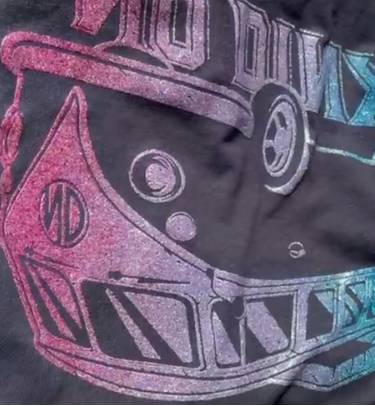Table of Contents
2024 Transparent Plastisol Innovations: Better Strength and Looks
Transparent plastisol is a special material made from PVC resin and plasticizers. It is used to make things like coatings, inks, and molds. Today, new technology makes it stronger, prettier, and better for the Earth.
1. What is Transparent Plastisol?
Transparent plastisol is a liquid that hardens when heated. It is made by mixing PVC resin (a type of plastic) with plasticizers (oily liquids that make it soft).
- Old uses: Coating fabrics, car parts, and toys.
- New uses: Medical tools, phone cases, and building materials.
Why it matters now:
- People want materials that last longer and look nice.
- Factories need eco-friendly options.

2. Top 5 Durability Breakthroughs
2.1 UV & Weather Resistance
Problem: Old plastisol turned yellow in sunlight. Solution: Add nano-ceramic (like TiO₂) to block 99% of UV rays. Example: Outdoor roofs that stay clear for 15 years.
| Old vs. New | Old Plastisol | New Plastisol |
|---|---|---|
| UV Resistance | Poor | 99% Blocked |
| Lifespan | 5 years | 15 years |
2.2 Scratch/Abrasion Resistance
Problem: Scratches made plastisol look old. Solution: Self-healing polymers (mix of silicone and PVC). Example: Sports gear grips that stay new after 10,000 uses.
2.3 Thermal Stability
Problem: Heat made plastisol melt or crack. Solution: Cross-linking agents let it handle heat up to 160°C. Example: LED light parts that don’t warp.
2.4 Chemical Resistance
Problem: Oils and acids damaged plastisol. Solution: Add fluoropolymers (super-strong plastics). Example: Car parts that resist oil spills.
2.5 Flexibility Without Cracking
Problem: Bending caused cracks. Solution: Bio-based plasticizers (like soybean oil). Example: Phone cases that bend but don’t break.
3. Aesthetic Innovations
3.1 Optical Clarity
Problem: Old plastisol looked hazy. Solution: Low-haze resins (like Vinnolit® VTC) for glass-like clarity. Example: Medical tubes you can see through clearly.
3.2 Customizable Finishes
Problem: Plastisol looked boring. Solution: Micro-embossing creates matte, glossy, or textured surfaces. Example: Designer shoes with shiny, metallic patterns.
3.3 Colorfastness
Problem: Colors faded in sunlight. Solution: Nano-pigments keep colors bright for years. Example: Red car trim that stays red.
4. Sustainability Upgrades
4.1 Phthalate-Free Plasticizers
Problem: Old plasticizers had harmful chemicals (phthalates). Solution: Use DINCH or Citroflex® (safe alternatives). Example: Baby toys that meet strict EU safety rules.
4.2 Recyclable Systems
Problem: Plastisol couldn’t be recycled. Solution: BASF’s Solvay® process lets factories reuse plastisol. Example: Recycled phone cases.
4.3 Low-Temp Curing
Problem: High heat wasted energy. Solution: Infrared curing uses 30% less energy. Example: Factories save money and reduce pollution.
5. Where is Transparent Plastisol Used?
| Industry | Use Case | Benefit |
|---|---|---|
| Automotive | Scratch-resistant dashboards | Stays new for years |
| Medical | Clear tubing | Safe, easy-to-clean |
| Electronics | Unbreakable phone cases | Lightweight and stylish |
| Architecture | Weatherproof roofs | Survives rain, sun, and snow |

6. Challenges & Fixes
Problem 1: Plasticizers leak out of flexible products. Fix: Use high-MW plasticizers (like PolyOne’s Geon™ 3000).
Problem 2: Making plastisol clear AND strong. Fix: Add graphene-oxide (super-thin carbon layers).
7. Future Trends
- Smart Coatings: Plastisol that senses heat or UV light.
- Biodegradable Plastisol: Composts like food waste.
- AI-Driven R&D: Computers invent new formulas faster.
8. FAQs
Is transparent plastisol food-safe?
Yes! FDA-approved types are used in food packaging.
How is it different from silicone?
Plastisol is cheaper and sticks better, but silicone bends more.
Can it replace glass?
Soon! New impact-resistant types are being tested for phone screens.

